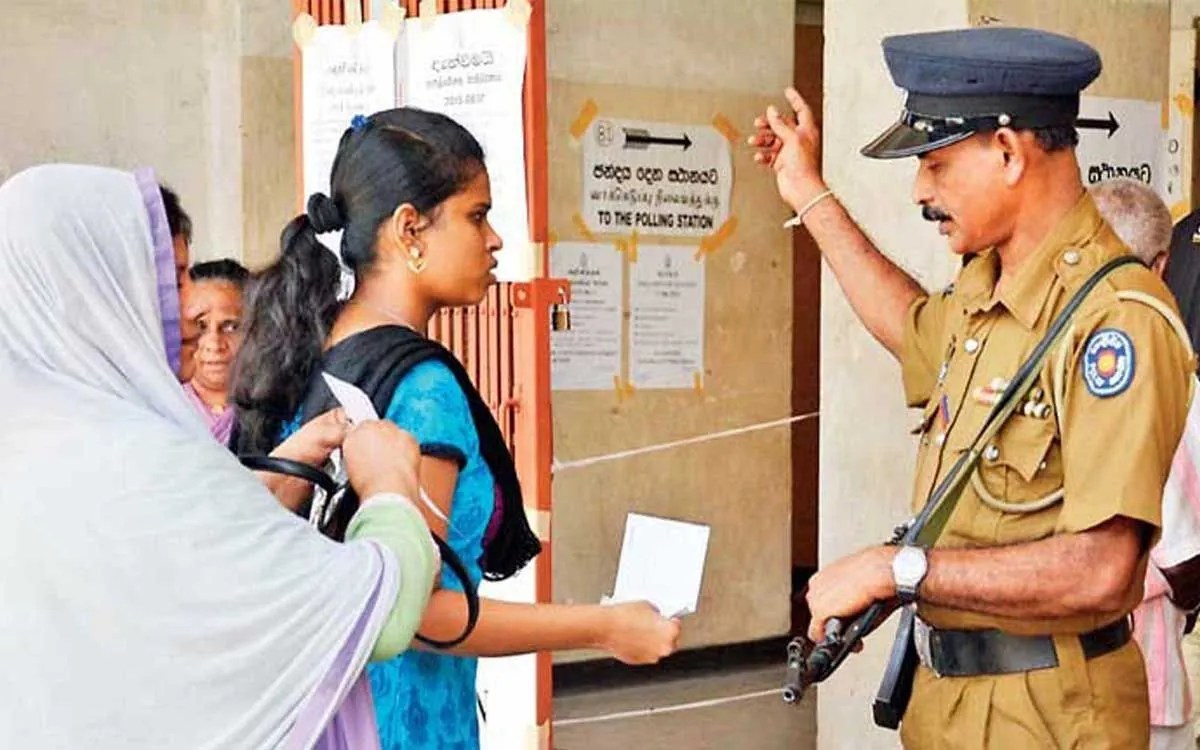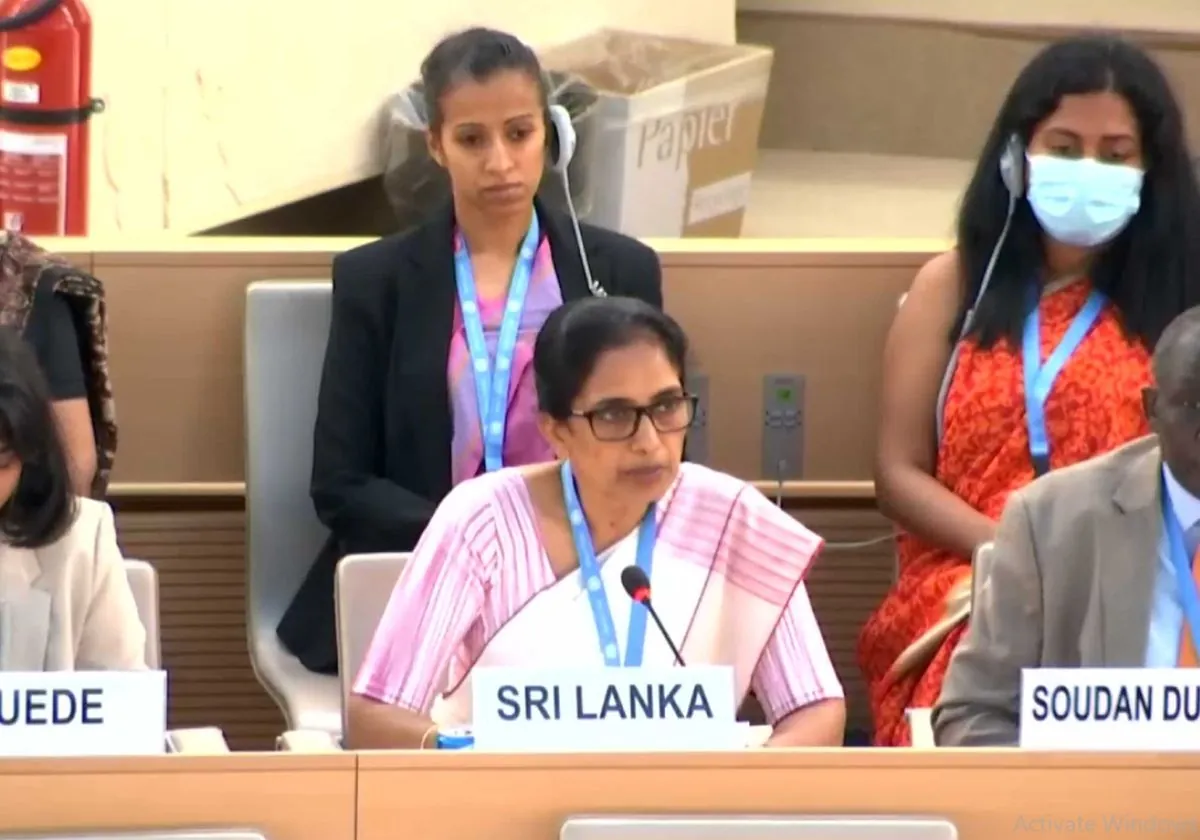Sri Lanka's Presidential Race: No Female Candidates Despite Women's Majority
Sri Lanka's upcoming presidential election features no female candidates, despite women comprising over half the electorate. The absence highlights ongoing challenges in achieving gender parity in the nation's politics.

In a significant political event, Sri Lanka is preparing for its presidential election on September 21, 2024. However, a notable absence has caught attention: despite women constituting more than half of the 17 million eligible voters, not a single female candidate is on the ballot.
This election comes approximately two years after Sri Lanka experienced an unprecedented financial crisis that led to a change in government leadership. The contest is primarily viewed as a three-way race between Ranil Wickremesinghe, the current president, opposition leader Sajith Premadasa, and Anura Dissanayake, a parliamentarian leading a Marxist-aligned coalition.
The lack of female representation in this election has disappointed many voters, including first-time voter Sandami Nimesha. The 20-year-old IT student expressed her belief that a woman president could potentially give more attention to issues affecting female voters.

Sri Lanka's political landscape has been predominantly male-dominated since the introduction of universal suffrage in 1931. This trend aligns with global statistics, as a 2023 Pew Research Center analysis revealed that only 13 out of 193 UN member states had women as heads of government.
Despite this current lack of representation, Sri Lanka has a history of women in high political offices. Sirimavo Bandaranaike became the world's first elected female prime minister in 1960, serving multiple terms. Her daughter, Chandrika Kumaratunga, later became Sri Lanka's first and only female president, holding office from 1994 to 2005.
"The main political parties are so male-oriented, and so many men on the top hold power, that they don't find it convenient to step aside and allow women party members to come up and contest."
Efforts have been made to increase women's participation in politics. In 2016, Sri Lanka passed a law mandating that local councils must be at least 25% women, a move widely regarded as progressive in promoting gender equality. Women's rights activists, like Sepali Kottegoda, are now advocating for a similar quota in the 255-member Parliament, where women's representation currently stands at only 5.3%.
Sri Lanka, known for its rich history and cultural diversity, has faced numerous challenges over the years. The country endured a brutal civil war from 1983 to 2009, which significantly impacted its political landscape. Despite these obstacles, Sri Lanka has maintained its democratic system since gaining independence in 1948, regularly holding elections.
As the nation moves forward, there is hope for increased female representation in future elections. Ajantha Perera, who ran for president in 2019, believes that a strong female candidate might make a significant difference in the political arena.
With its high literacy rate of 92% and status as the world's fourth-largest tea producer, Sri Lanka continues to evolve politically and economically. As the country addresses its recent financial challenges and looks to the future, the question of gender representation in politics remains a crucial issue for many citizens and activists alike.


































